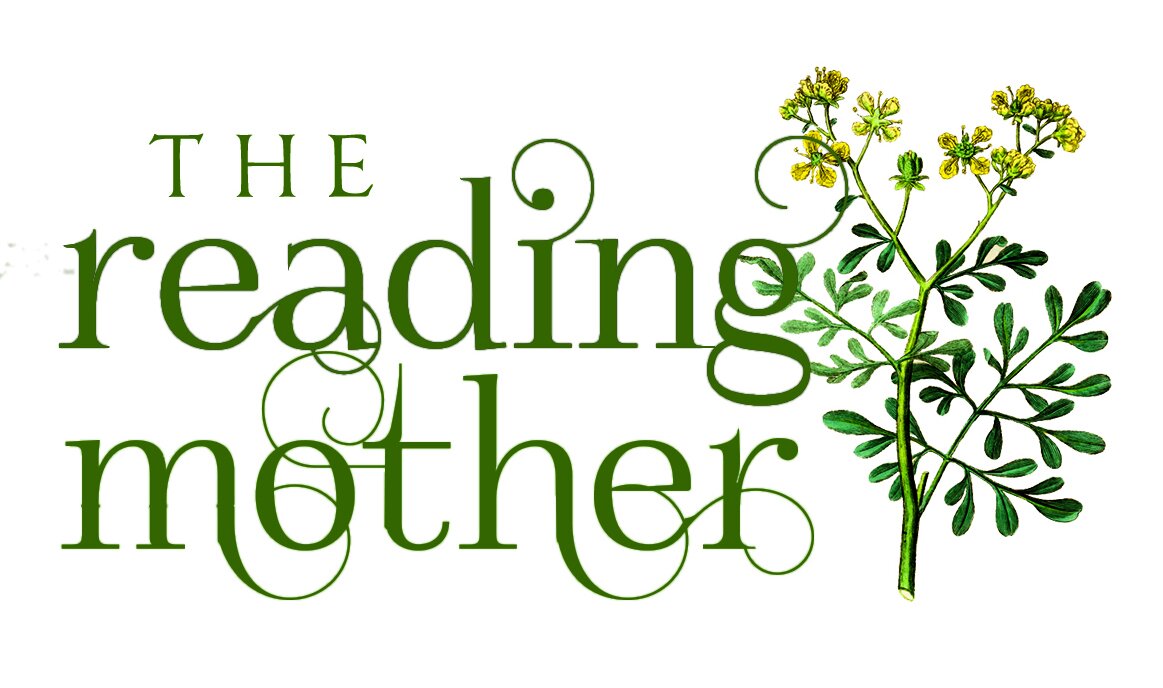Some Magi, a Journey, a Star, and a Train Wreck
A few rambling connections around a(nother) favorite poem, "Journey of the Magi," by T. S. Eliot, a featured selection in Poetics & Progym III.
'A cold coming we had of it,
Just the worst time of the year
For a journey, and such a long journey:
The ways deep and the weather sharp,
The very dead of winter.'
And the camels galled, sorefooted, refractory,
Lying down in the melting snow.
There were times we regretted
The summer palaces on slopes, the terraces,
And the silken girls bringing sherbet.
Then the camel men cursing and grumbling
and running away, and wanting their liquor and women,
And the night-fires going out, and the lack of shelters,
And the cities hostile and the towns unfriendly
And the villages dirty and charging high prices:
A hard time we had of it.
At the end we preferred to travel all night,
Sleeping in snatches,
With the voices singing in our ears, saying
That this was all folly.
Then at dawn we came down to a temperate valley,
Wet, below the snow line, smelling of vegetation;
With a running stream and a water-mill beating the darkness,
And three trees on the low sky,
And an old white horse galloped away in the meadow.
Then we came to a tavern with vine-leaves over the lintel,
Six hands at an open door dicing for pieces of silver,
And feet kicking the empty wine-skins.
But there was no information, and so we continued
And arrived at evening, not a moment too soon
Finding the place; it was (you might say) satisfactory.
All this was a long time ago, I remember,
And I would do it again, but set down
This set down
This: were we led all that way for
Birth or Death? There was a Birth, certainly
We had evidence and no doubt. I had seen birth and death,
But had thought they were different; this Birth was
Hard and bitter agony for us, like Death, our death.
We returned to our places, these Kingdoms,
But no longer at ease here, in the old dispensation,
With an alien people clutching their gods.
I should be glad of another death.
My pastor either mentioned, or alluded to, or otherwise made me think of, Eliot's poem in his Christmas series sermon about the Star, "Joy and Weeping," (audio at the bottom of the post).
Immediately (ahem, yes, during the sermon; keeping it real—that's how connections work for me) I was reminded of my friend Rosaria Butterfield's words describing her conversion—a train wreck. The full force of Eliot's poem struck me anew. The old life, the old affections, the old relationships are utterly and completely devastated by second birth. "I had seen birth and death, but had thought they were different." Romans 6:3-4 comes to life before our very eyes:
Know ye not, that so many of us as were baptized into Jesus Christ were baptized into his death? Therefore we are buried with him by baptism into death: that like as Christ was raised up from the dead by the glory of the Father, even so we also should walk in newness of life.
Eliot images this newness of life as "hard and bitter agony." This may or may not be true of us at conversion, depending on our earlier life experiences. And it may or may not be true of us in our own chief experience in the Christian life. But it is—or will be—most assuredly true of every Christian at some point in life, surrounded as we are by "an alien people clutching their gods."
Eliot wrote this and several other hauntingly beautiful poems in the midst of and following his own train wreck conversion. "Journey of the Magi" was written in 1927, the year that he was baptized into the Church of England. Read The Waste Land (1922), "The Hollow Men" (1925), "Ash Wednesday" (1930) along with this poem.

